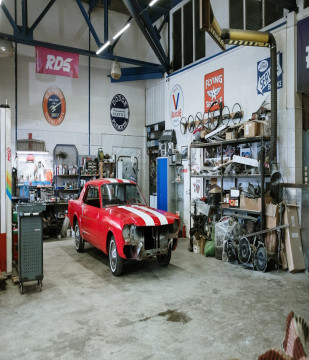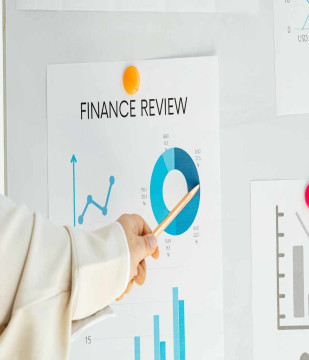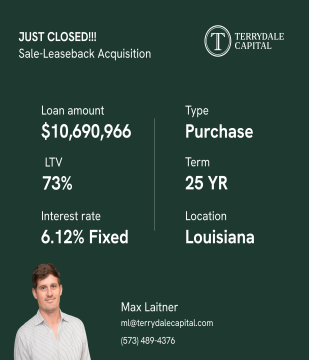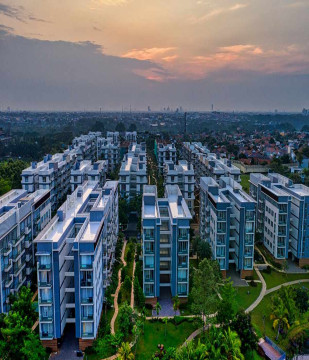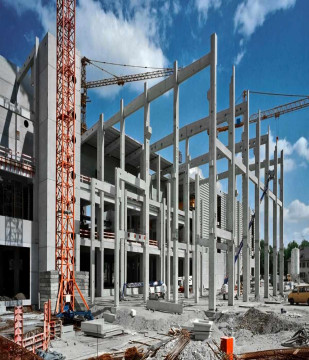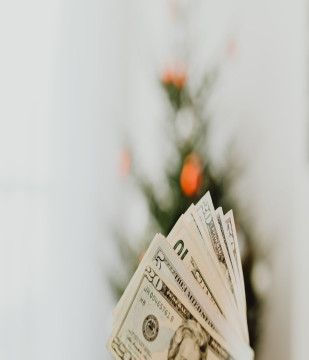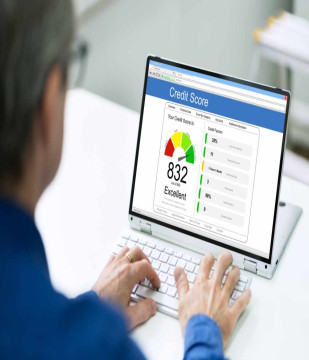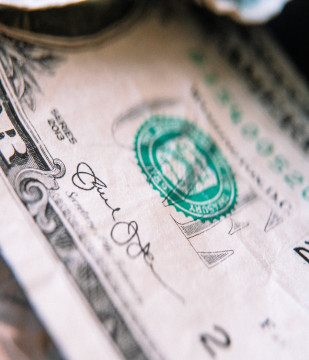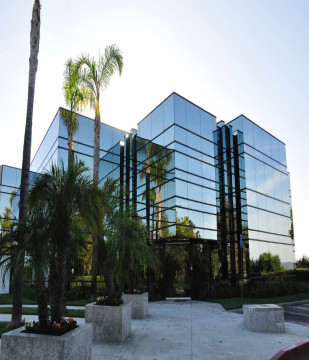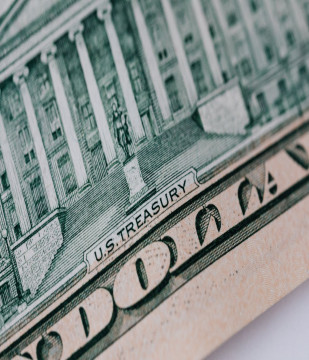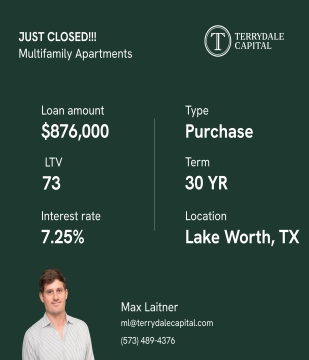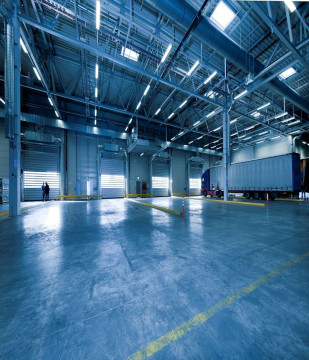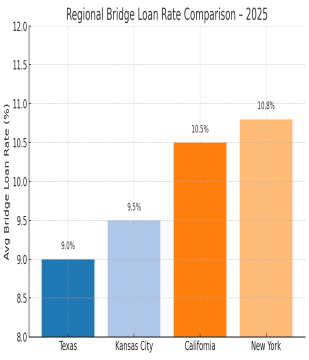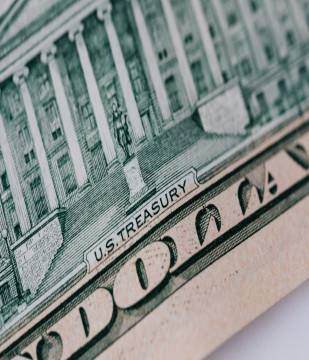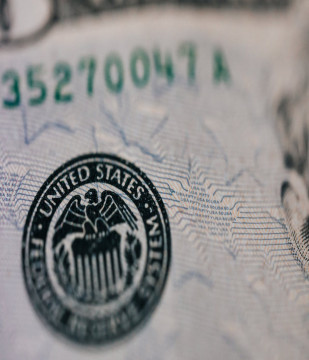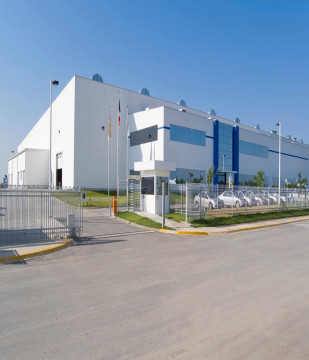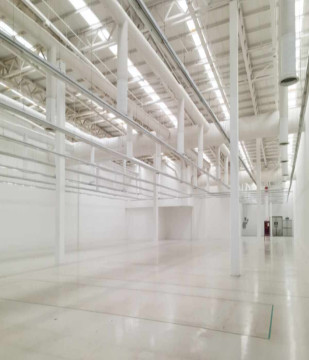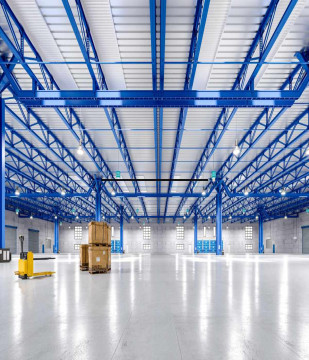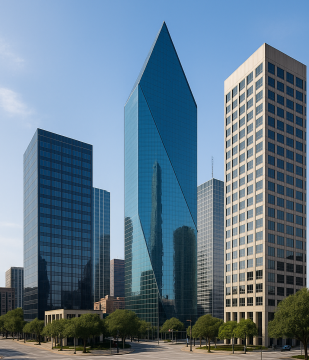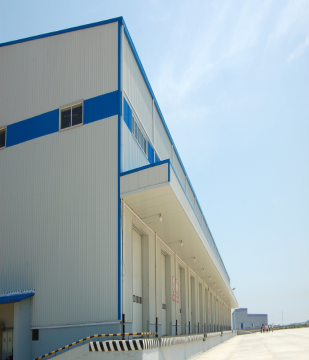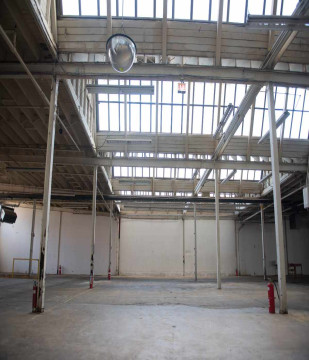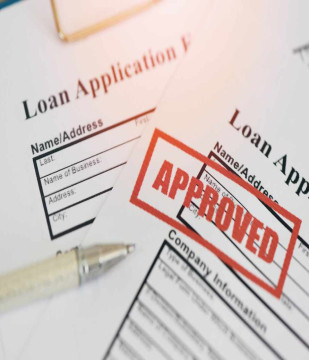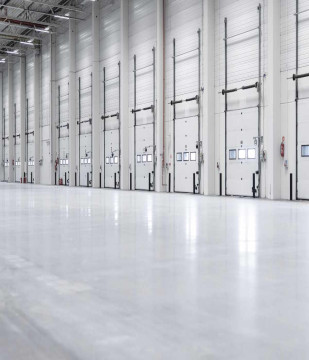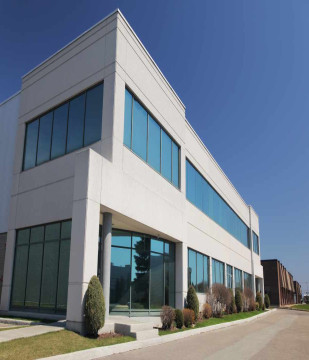How Are Commercial Real Estate Interest Rates Calculated?

Terrydale Capital
Jun 16, 2023 12 Min read
 Learn
Learn
Commercial real estate interest rates are something that all borrowers want to understand. The reason is that the interest rate you pay will significantly impact the overall cost of your loan and the cash flow you experience. In this blog post, we'll provide a high-level overview of how commercial real estate interest rates are calculated and look at factors that affect these calculations.
But first…
What is Commercial Real Estate Interest Rate?
Commercial real estate interest rates are the rates that banks or any money lenders charge when lending money to businesses or investors to purchase, construct, or refinance a commercial property. Depending on the property and the type of financing, commercial interest rates are usually around 1.176% up to 12%.
The interest rate on a commercial loan is typically higher than the rate on a residential mortgage because the risks associated with lending money for commercial purposes are generally more significant than those associated with lending money for residential purposes. The rate is usually higher by approximately 0.25% to 0.75 %.
How are Interest Rates Calculated?
Interest rates are calculated in various ways depending on what loan product or platform you are using. Banks, debt funds, and private money lenders all have different methods for calculating interest rates. However, the most common indexes used to calculate interest rates are treasuries, LIBOR, prime, SOFR, or swaps.
Each of these indexes are calculated and regulated by the federal reserve, and the interest rate can change depending on market conditions. For example, the federal reserve may increase or decrease the interest rate depending on economic conditions. In short, the indexes are forever changing numbers from when the market opens and when the market closes daily.
When lenders calculate their rates, they use each index and add a spread over that index to get an "all-in rate." For example, if treasuries are at 2.00 and the lender uses a 10-year treasury as an index plus a 200 bps, this would be the all-in rate of 4%.
Banks typically follow treasuries or prime, while debt funds use swaps and LIBOR/SOFR. LIBOR, SOFR, and Prime indexes are primarily used for construction or value-add transactions associated with floating rates. Treasuries and Swaps are typically associated with existing or stabilized properties.
If you are a borrower, it is crucial to understand how your interest rate is calculated. This will help you determine the overall cost of your loan and the cash flow you can expect to experience.
Factors Affecting How Commercial Real Estate Interest Rates are Calculated
While we've provided a high-level overview of how commercial real estate interest rates are calculated, there are factors that can impact these calculations and the overall interest you pay on your loan. These factors include:
Type of Property
The type of property you're buying will have an impact on your interest rate. For example, if you're buying a commercial property that's already stabilized, you may be able to get a lower interest rate than if you were buying new construction. The location of the property may also have an impact. Let's say you're buying a commercial real estate in a neighborhood with good amenities and connectivity. It means there will be a higher resale value, and as lenders see this as a lucrative deal, they will more likely charge a lower interest rate as compared to a real estate in a less desirable location.
The Loan-to-Value Ratio (LTV)
The loan-to-value ratio is another factor lenders look at when determining your interest rate. LTV refers to the percentage of the property value that can be financed through the loan. The higher the ratio, the higher the risk for the lender, and, as a result, you may be charged a higher interest rate.
Your Credit Score
One of the most critical factors in determining your interest rate is your credit score. The higher your credit score, the lower your interest rate will be. This is because lenders see borrowers with high credit scores as less of a risk.
If you have a low credit score, you may still be able to get a loan for your commercial real estate, but you will likely have to pay a higher interest rate. This is because lenders see borrowers with low credit scores as more of a risk.
If you are looking to get a loan for your commercial real estate, it is important to make sure your credit score is as high as possible. You can do this by checking your credit score regularly and fixing any errors that may be on your credit report.
Tenure of the loan
Another factor that affects commercial real estate interest rates is the tenure of the loan. The longer the loan, the lower the interest rate will be. This is because lenders see loans with longer terms as less of a risk.
If you are looking to get a loan for your commercial real estate, you may want to consider getting a longer-term loan. This will help you get a lower interest rate and save you money in the long run.
However, it is essential to remember that loans with longer terms also have more risk. If you are not able to make your payments on time, you may end up losing your property.
Short term loans will have higher interest rates but are less risky.
Long term loans will have lower interest rates but are riskier.
There is no one-size-fits-all answer when it comes to choosing the right loan tenure. It is important to weigh the pros and cons of each option and decide which best suits your needs.
Borrowers Profile
Your profile, including your income, expenses, age, and city you live in, is also a factor that affects how much of an interest you will likely be charged. Usually, the higher the borrowers' income, the lower the interest rate will be. This is because lenders see high-income borrowers as being less of a risk.
If you are looking to get a loan for your commercial real estate, it is important to make sure your income is as high as possible. You can do this by getting a high-salary job or investing in assets that generate more income.
Key Take Away
The bottom line is that you should know how to calculate interest rates. It's not rocket science. You should also be aware of the various factors go into determining your interest rate before you apply for a loan. Also, aim to compare interest rates from various lenders before you choose one. This will help you ensure that you're getting the best deal possible.
If you're looking to get the best interest rate possible for commercial real estate, it's important to work with a loan advisor who can help you calculate the rates and understand all of the factors that impact those rates.
At Terrydale Capital, we have over 40 years of experience helping borrowers get the best interest rates on their loans. We'll work with you to understand your goals and help you get the best loan possible.
To learn more about commercial real estate interest rates or to speak with a loan advisor, contact us today!
Partner With Terrydale Capital for Your Debt Financing Needs
When it comes to debt financing, understanding the right timing, process, and options is crucial. At Terrydale Capital, we provide a comprehensive range of commercial loan solutions tailored to meet your business's unique needs.

